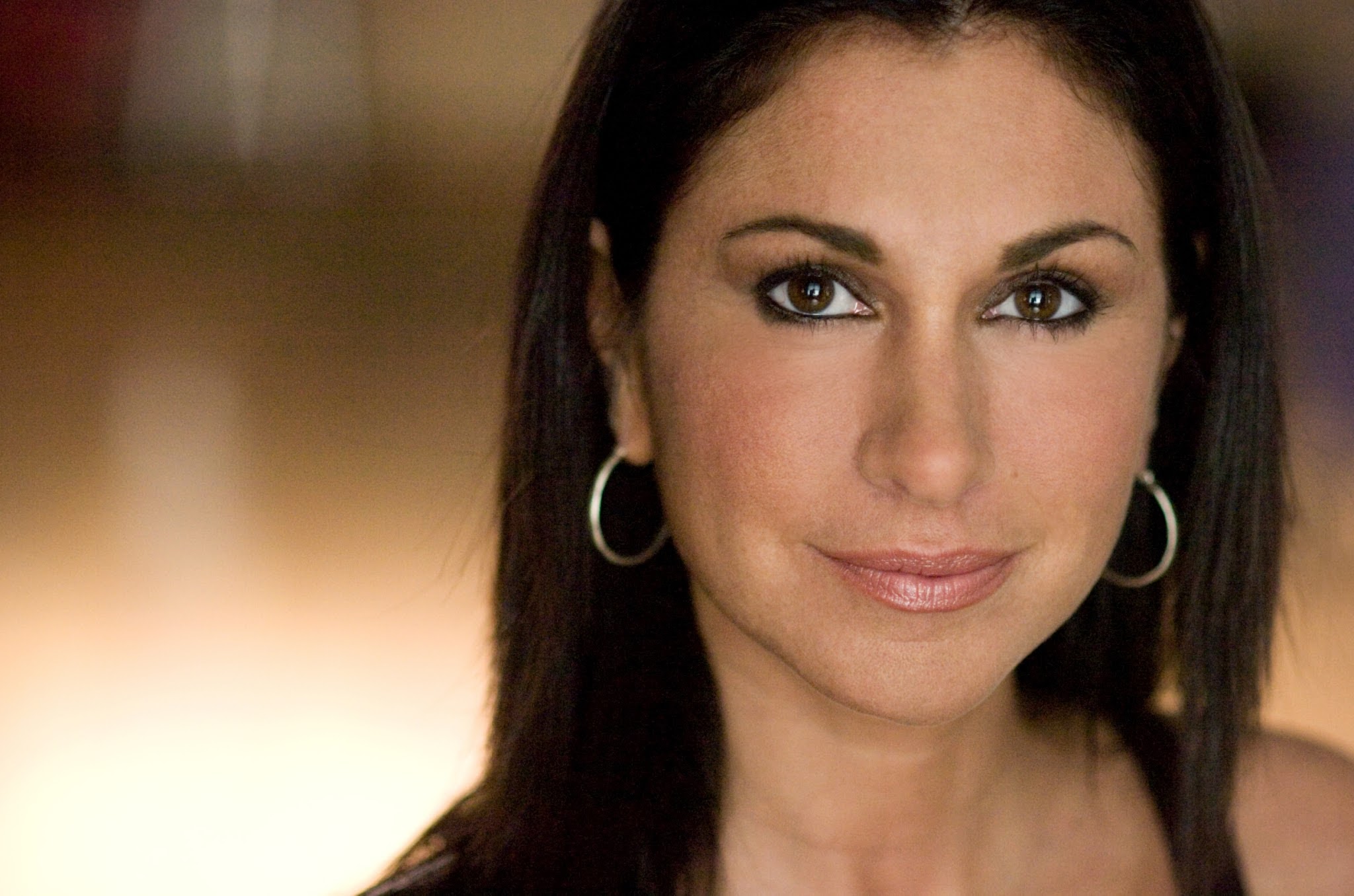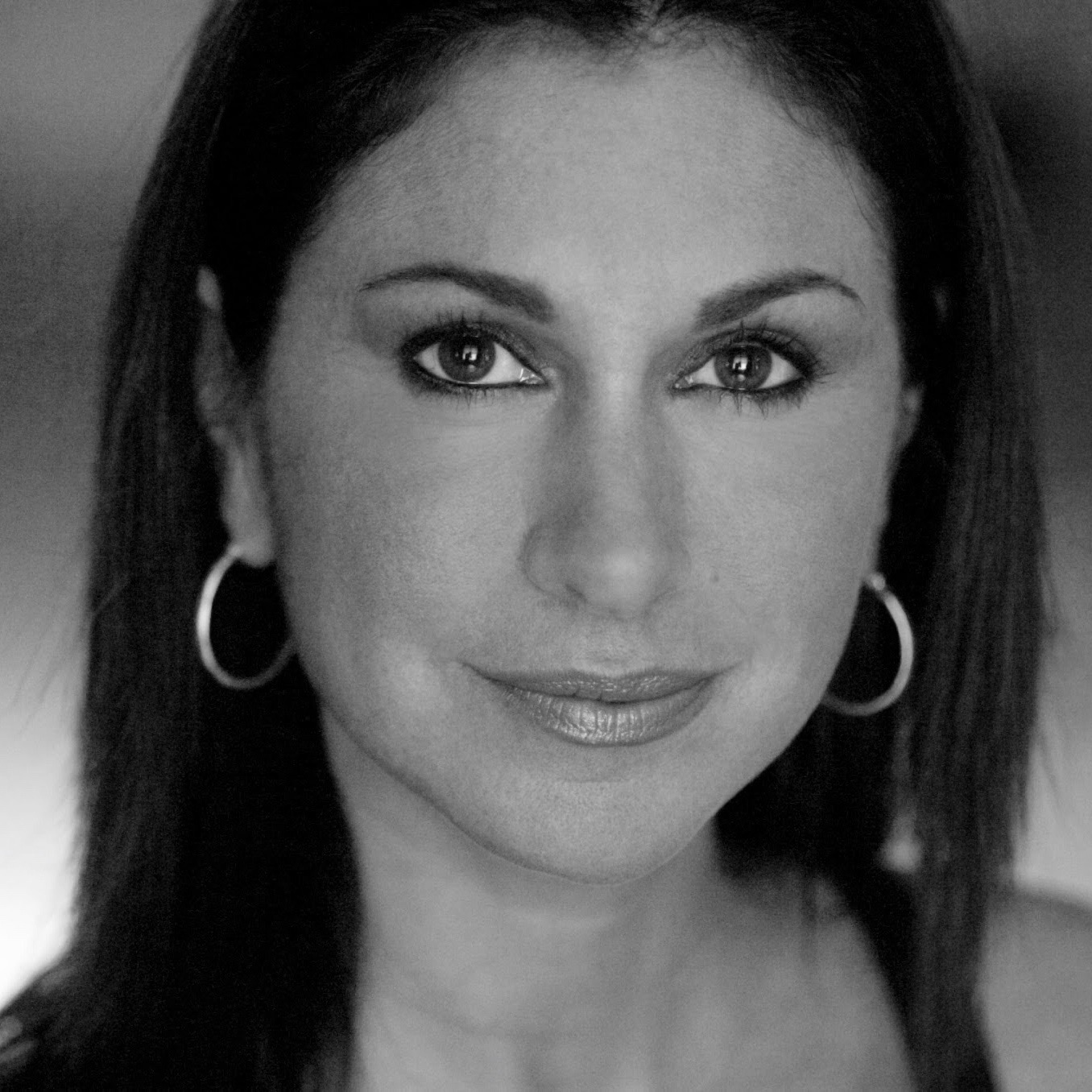
Q: I have always found it interesting how different audiences react differently to character flaws. How does an actor and a writer truthfully expose those flaws in a key way that is natural and, in a way, that the audience recognizes these flaws in themselves and at the same time make themselves feel that they are not alone?
There are a few parts to this question. Let’s start at the end, because it reveals what seems to be your creative purpose: to make audiences feel less alone. I agree that the great power of art is that it can “hold a mirror up to nature,” as Hamlet said, and in seeing our reflection, we feel seen and thus less alone. Let’s take Hamlet. He was being driven mad by the hypocrisy all around him. He was watching his mother gain power and acclaim for killing his own father. He was being told everything he perceived to be true, wasn’t true. He was reacting to the person who he was supposed to be able to trust the most, his mother, betraying him in the worst way imaginable, while telling him it was in his best interest.
The common word for that now is gaslighting. Hamlet is living in a world of higher stakes than the average person, but we can all identify on some level with betrayal. So before playing Hamlet, the actor needs to go inside and find parallel circumstances of feeling betrayed, having the rug pulled out from under you, being told what you know to be true isn’t true, being gaslit, until you inspire your inner life to feel the way that Hamlet feels in his circumstances. You aren’t going to be the Prince of Denmark. But you can understand the character emotionally, and then act as if you are.
Now to the first part of your question. You cannot do this without accessing your own vulnerability. In a way, in America, we are discouraged from our vulnerability. For example, in cowboy culture, military culture, and wall street culture, stoicism is seen as strength. But in truth, our strength is in our vulnerability. When in contact with our vulnerability, we have more emotional space, more honesty, more humility. It makes sense that human beings have defense mechanisms.
They are often earned and necessary. But for the actor, these defenses manifest as tension in the body that blocks the instrument from expression. You need your vulnerability to act. You will access the most interesting parts of your humanity in a state of vulnerability. And it is by acting from these parts of your humanity that audiences will be able to relate to you.
There is no way to embrace our humanity without embracing our strengths and our flaws. Let’s dissect the word flaw, as weakness. Some character weaknesses are pride, fear, narcissism, superiority complex, lack of empathy, misogyny, shame, racism, prejudice, greed. No great hero is identifiable without overcoming interpersonal obstacles. No great villains are identifiable without understanding their human motivations. Actors must make contact with their flaws in order to understand the life experiences of the characters they play.
Great acting should feel like the audience is a fly on the wall watching human behavior that they wouldn’t normally be privy to. While in life you may not wear your heart on your sleeve, the actor cannot afford to hide the parts of themselves that they don’t want to show to the world. It is in the most personal explorations where, paradoxically, your behavior and expression become most universal. A good way to gauge if your behavior is truly personal and specific is if you would stop doing it if someone else walked in the room. If you would, you are in the space where great acting can begin.
Vulnerability isn’t crying or acting some idea of fragility. Vulnerability is exposing your flaws and your strengths as part of the human experience. In life, we cannot always do that, although I think it often serves us when we do. But certainly, there are circumstances when you’re at a board meeting, or walking down a dark alley, or at war, or whatever the case may be, that you may feel that you need to turn up your defense mechanisms and that may be true for your characters, too. But the actor needs to understand and be able to experience the full humanity of the character they are playing, and if you aren’t in contact with your own vulnerability, you won’t be able to do that.
Take the famous scene of Robert Deniro talking in the mirror to himself in Taxi Driver. He’s standing in the mirror saying, ‘You talkin to me? You talkin to me?’ Of course, no one else is in the room, and he is talking to people in his head. How specific and personal! And yet we can all relate to that moment. We can all feel what he’s doing. We’ve all been there. Few of us have been a NYC taxi driver in the 1970’s with his life circumstances. And yet, he is so personal and specific in that moment of vulnerability, we all can relate and identify. This makes us connect to our own humanity and each other’s in a more profound way, and this is the power of art which can only come once we are truly vulnerable.
“The main factor in any form of creativeness is the life of a human spirit, that of the actor and his part, their joint feelings and subconscious creation.”- Stanislavski
Please send your specific questions about the art of acting to staytuned@gmail.com and Kymberly will respond to a different question each week! There are no invalid questions, as long as they pertain to your craft and life as an actor.
Kymberly Harris is an actor’s director. She specializes in character driven stories, whether the genre is drama, comedy, thriller, or action. Her extensive experience as a method acting coach to professional actors of all ages has led actors to seek her out to direct them towards their best performances in film, television, and theatre projects.





















 More news and opinions than at a Shabbat dinner, right in your inbox.
More news and opinions than at a Shabbat dinner, right in your inbox.